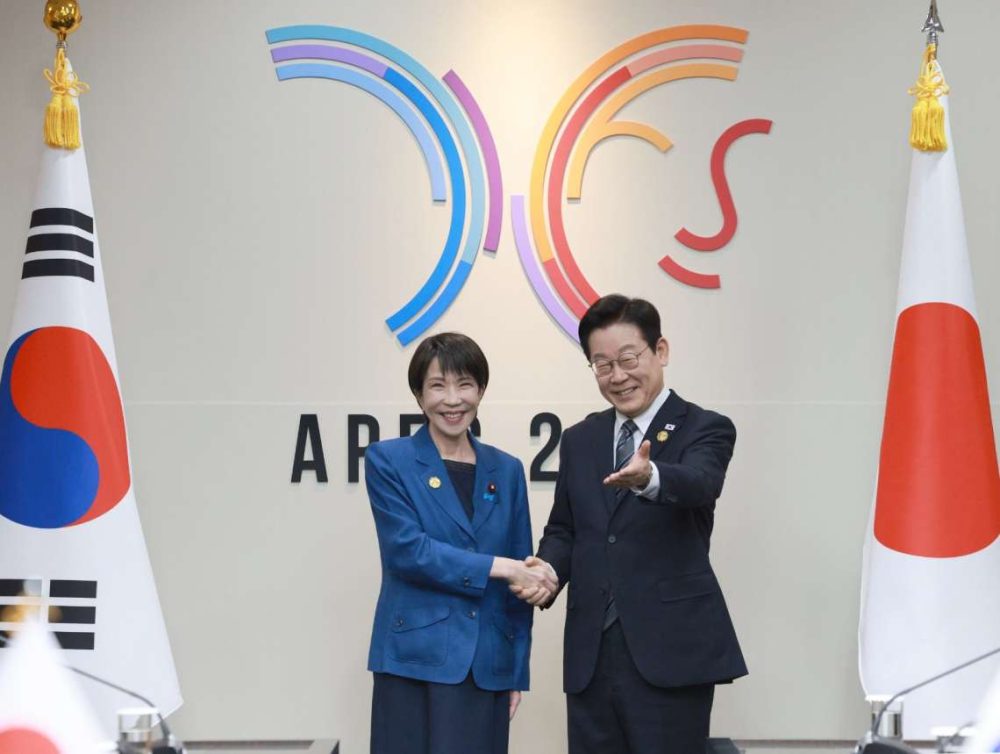Israel, which generally avoids public criticism of Turkey, lashed out at Istanbul for disrupting peace efforts and asked NATO members to rein it in…Reports Asian Lite News
Saudi Arabia has blamed Turkey for hostility towards its leadership and asked citizens to boycott everything Turkish after Turkey’s President Recep Tayyip Erdogan accused Arab countries of destabilising the region.
Israel, which generally avoids public criticism of Turkey, lashed out at Istanbul for disrupting peace efforts and asked NATO members to rein it in.
Saudi Arabia’s Chamber of Commerce head Ajlan Al Ajlan on Saturday tweeted,”The boycott of everything Turkish, whether on the level of import, investment or tourism, is the responsibility of every Saudi – trader and consumer – in response to the continued hostility of the Turkish government against our leadership, our country and our citizens.”
Erdogan had recently blamed the Arab countries for instability in the Middle East. Though Turkey has had diplomatic relations with Israel for decades, Erdogan condemned the United Arab Emirates and Bahrain’s decision to normalise ties with Israel.

File photo of Saudi King Salman bin Abdulaziz Al Saud who attended the first League of Arab States (LAS)-EU Summit in Sharm el-Sheikh, Egypt, on Feb. 24, 2019. (Xinhua/Ahmed Gomaa/IANS)
During his recent address to the Turkish General Assembly, Erdogan also took a dig at the Arab countries saying, “It should not be forgotten that the countries in question did not exist yesterday, and probably will not exist tomorrow; however, we will continue to keep our flag flying in this region forever, with the permission of Allah.”
In the meantime, Israel’s defence minister blasted Turkey on Sunday for working against its peacemaking efforts.
Media reports said that Defence Minister Benny Gantz, while talking to Gulf Arab media, described Turkey and Iran as “denying promotion of peace and supporting regional aggression”.
Gantz pointed out Turkey’s disruptive actions in northern Syria and the Eastern Mediterranean, intervention in Libya and links to Hamas terror group.

“All of this pushes away from stability,” he said adding, “Definitely the question of Turkey is a very complicated one, because Turkey is part of NATO,” Gantz told a virtual conference organised by The Arab Council for Regional Integration, a group that encourages Israeli-Arab outreach.
“So we must take all the options that we have in our hands and try to influence it through international pressure to make sure that they are pulling their hands from direct terrorism.”
The peace deals between Gulf states and Israel have disappointed the Palestinians, who have been demanding statehood in the West Bank and Gaza. The US and Israel believe the peace deals with the UAE and Bahrain could lead to the fulfilment of a peace deal for with Palestine as well.









